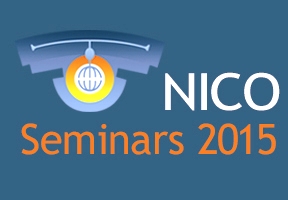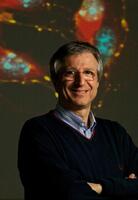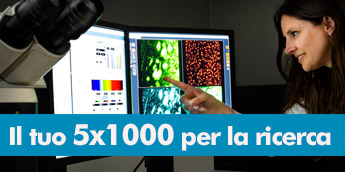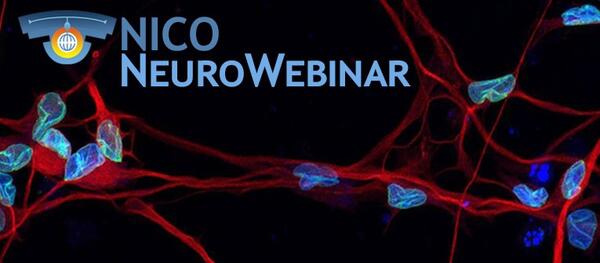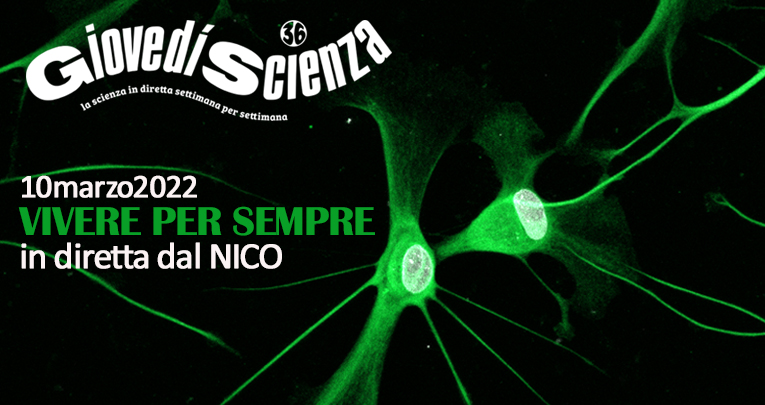Friday, 22th May - h 14:00
Seminar room, NICO
Optogenetic Regulation of Transcription: modulation of the RE1-Silencing Transcription Factor (REST) and its possible applications in brain diseases
Fabio Benfenati, Professor of Neurophysiology, University of Genova
Research Director, Department of Neuroscience and Brain Technologies
The Italian Institute of Technology
The possibility to manipulate signaling using optogenetic technologies has opened new ways of intervention on cellular function. However, due to the complexity of the mechanisms involved, few attempts have been made so far to modulate transcription of endogenous genes in higher mammals.
The RE1-silencing transcription factor (REST) is a transcriptional repressor controlling several neuronal genes, regulating nervous system development and lineage specification. REST, normally expressed at low levels by mature neurons, it is an important actor of homeostatic plasticity both at excitability and synaptic levels by regulating the transcription of a cluster of neural genes including ion channels and synaptic proteins.
Moreover, REST is dysregulated, more often upregulated in several brain diseases including epilepsy. To interfere with REST dysregulation, we engineered novel optogenetic probes able to spatially and temporally modulate REST action using the LOV2 domain of Avena sativa (AsLOV2), a photosensitive protein that undergoes reversible light-dependent conformational changes.
We generated and validated a series of photoswitchable AsLOV2-peptides able to modulate REST activity when subjected to specific patterns of illumination. These probes provide a way to modulate REST-dependent transcription, and to counteract the long-term changes in gene expression that take place in the pathological environment of the epileptic brain
Host: Alessandro Vercelli
Agenda
Area Ricercatori
Guarda il video
GiovedìScienza racconta la ricerca al NICO
Vivere per sempre.
Una popolazione sempre più longeva, i suoi problemi e le risposte della ricerca
Hai perso la diretta? Guarda ora il video di GiovedìScienza al NICO: una puntata in diretta dai nostri laboratori dedicata alla ricerca sull'invecchiamento.







